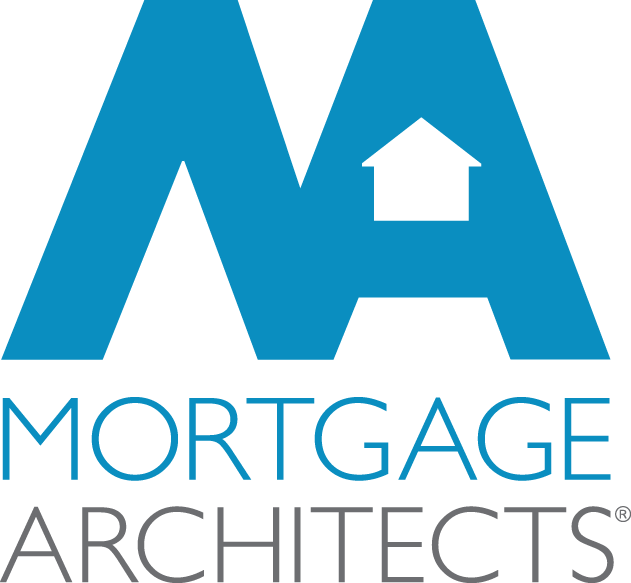You work for You, So Should Your Mortgage
Why do major financial institutions make it so difficult for ‘non-traditional’ borrowers? After all, almost 16% of Canadians now work for themselves. And Statistics Canada data suggests that self-employed workers have a higher median net worth than salaried workers.

Timing was Everything.
Before the financial crisis of 2008, a self-employed person with a credit score of 680 could count on getting a mortgage. However new financial regulations forced federally regulated institutions– like banks – to tighten their lending criteria. Overnight, mortgage requirements became more rigorous.
The big change? Stated income is gone: income verification is now the rule. Since many entrepreneurs take lower salaries to avoid paying tax, this could be an insurmountable problem.
The Difference Between Yes & No
Alternate lenders have responded to this market. Some let borrowers add deductions back onto earnings. Others judge your income based on a reasonable amount for your business sector. Or allow you to get a mortgage of up to 80% of the value without the need for default insurance. The big change? Stated income is gone: income verification is now the rule. Since many entrepreneurs take lower salaries to avoid paying tax, this could be an insurmountable problem.
What You Have to Provide
Most lenders ask for the following:
Two years of financial statements
Your latest Notice of Assessment from Revenue Canada
Proof that your GST and HST are paid
Your credit score
Proof that you are the owner of the business

